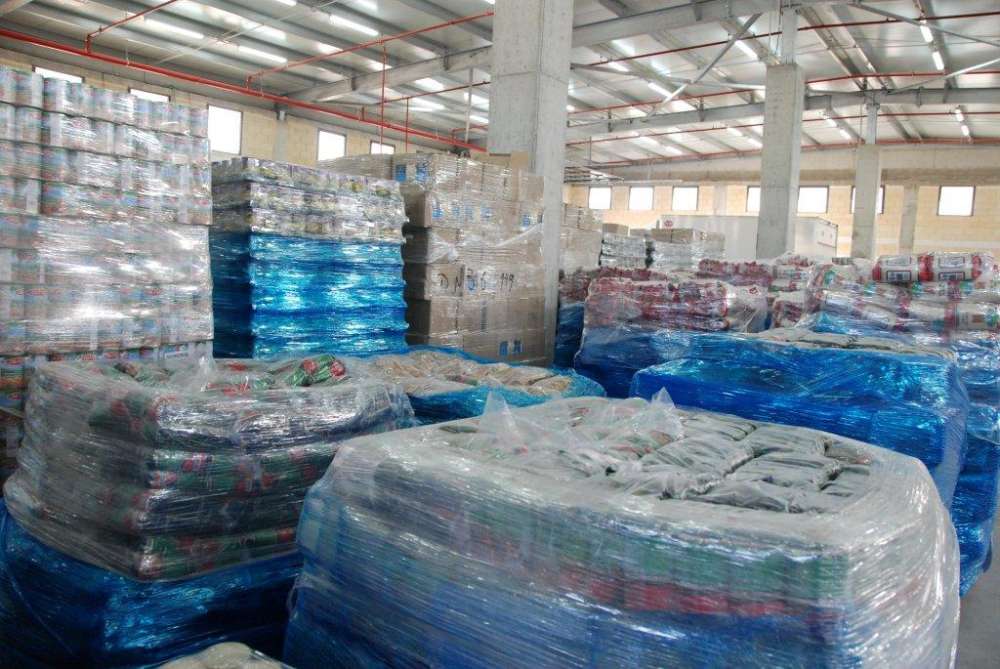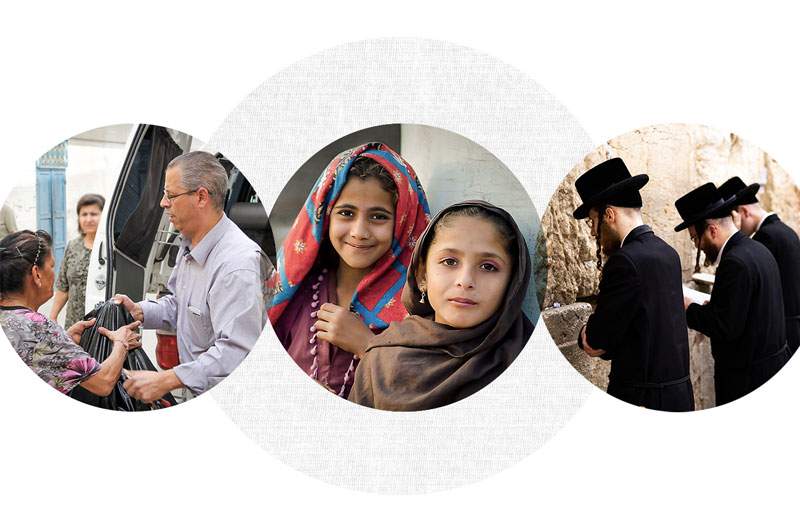
20% of Israelis can’t afford food
YNet News reported that a new study draws a picture of a worrying situation across wide swaths of Israeli society. According to the Taub Center for Social Policy Studies in Israel study, published on Wednesday, 35% of Israelis have reached a state of severe distress. The study discovered that 20% of Israelis forgo food because of financial distress, while 13% give up using electric appliances or the phone.
Representatives of charitable organizations were not surprised by the new data. "Poverty in Israel is a strategic threat on our existence as a moral society who stands in solidarity and is able to deal with challenges from within and without," said president of the International Fellowship of Christians and Jews, Rabbi Yechiel Eckstein.
Read the Ynet News article, November 27, 2013
Photo credit: The Joshua Fund
The Joshua Fund shares the love of God by first showing the love of God. Since our founding in 2006, The Joshua Fund has invested millions of dollars in blessing Holocaust survivors, the elderly, single mothers, the homeless, widows, orphans, and other poor and needy Jewish and Arab families in the epicenter. Pray with us as we seek to serve the Lord in meeting the needs of the people to be “warm and well fed,” and share this prayer request with a friend.
'You shall open your hand wide to your brother, to your poor and your needy, in your land.' Deuteronomy 15:11




